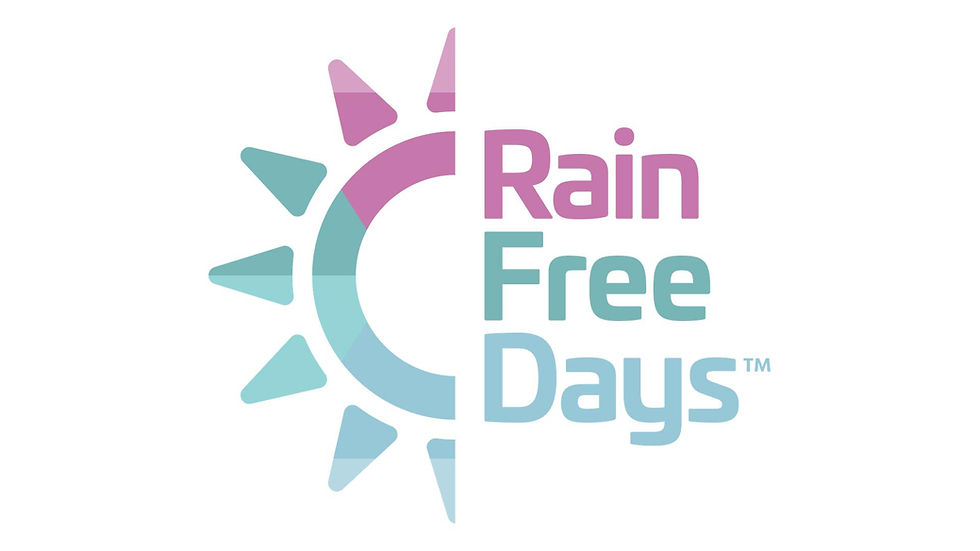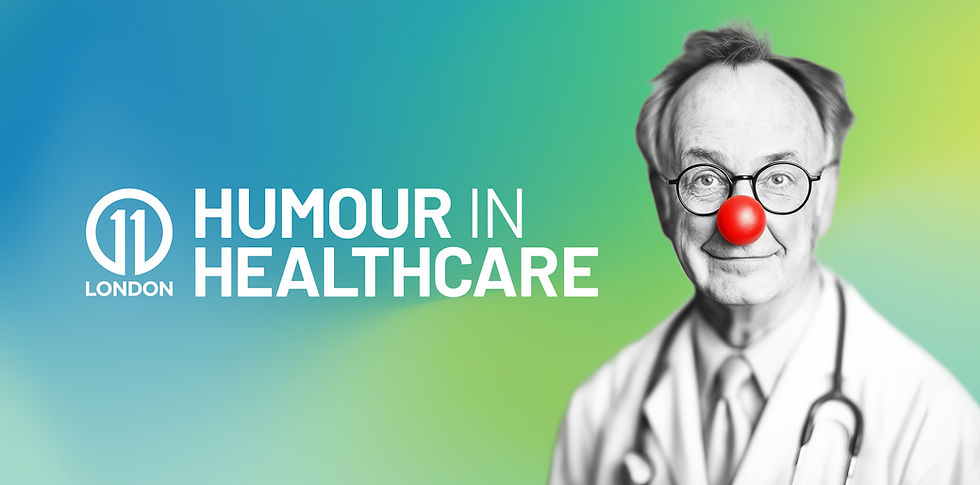"I feel like Neil Armstrong sat in the rocket, just about to take off."
- Feb 14, 2022
- 3 min read
The UN hosts a break-through meeting for tuberculosis
This week global health experts met in New York for the first-ever United Nations General Assembly high-level meeting on tuberculosis (TB). Their aim - to accelerate efforts in ending TB and reach all affected people with prevention and care. Among those in the room and the only private sector representative from the UK is our client Jonathan O’Halloran, Chief Scientific Officer and co-founder of QuantuMDx. Here he talks about his ambitions to diagnose and prevent TB which brought him to New York.

I feel like Neil Armstrong sat in the rocket, just about to take off. It is definitely, in my industry, our moon shot for sure. This meeting should be a game-changer, with attendees all participating in the hope of eradicating this dreadful disease. If we’re ever going to beat this thing, we need global agreement on actions and the political will and funding to make it happen, and this meeting is our best chance to do that.
The stakes are high – there are an estimated 10.4 million new cases of TB every year, the vast majority in low and middle income countries, and it is believed that 4.3 million of these go undiagnosed and untreated.
For the ‘lucky’ ones whose infection is picked up, they will most likely be given a standard six-month regimen of chemotherapy. But In order to treat TB effectively, we don’t just need to know whether people have TB, we need to know what kind of TB they have and which drugs they will respond to. This is where better diagnostics come in.
Next generation diagnostics will provide the ability to diagnose people near their homes, in the community, and give results in less than twenty minutes. A speedy diagnosis is critical.
I’ve been passionate about TB ever since I went to South Africa nine years ago to establish QuantuMDx, the molecular diagnostics company I co-founded with former nurse Elaine Warburton. We put our lab right next to the WHO’s reference centre for multi-drug resistant TB at Tygerberg hospital and I spent a lot of time chatting with scientists and healthcare workers there.
It's time for smaller companies to take big steps towards diagnostic innovation.
In the past decade, tens of millions of pounds have been pumped into diagnostics but these have not been as successful as hoped. The resulting new technologies are too expensive, time-consuming and they don’t multiplex – the ability to do lots of different tests on a single sample. It’s the smaller companies who are really getting to grips with what is needed on the ground through novel innovation – and that’s why I believe QuantuMDx has been accredited to attend the UN meeting.
At the meeting I want to garner further recognition of the need for better TB diagnostics. I want them to start thinking about innovative patient-centric solutions, not just individual technologies.
We know how to beat TB, we just need the political will to form a cohesive global plan, and the money to fund it. If it succeeds, we will have promises from governments to put together the plan to allow us to implement what we know will work. We can look forward to a future where individuals will be able to get the correct treatment first time and TB will, finally, be eradicated.”
A full version of this article is available to read online in Diagnostics World.
About 11 London
11 London is an advertising and communications agency, based in leafy West London. We work in the areas of health and humanity - with organisations, brands or products that improve or prolong life. To learn more about 11 London, please contact:
Matthew Hunt
matthew.hunt@11-london.com




